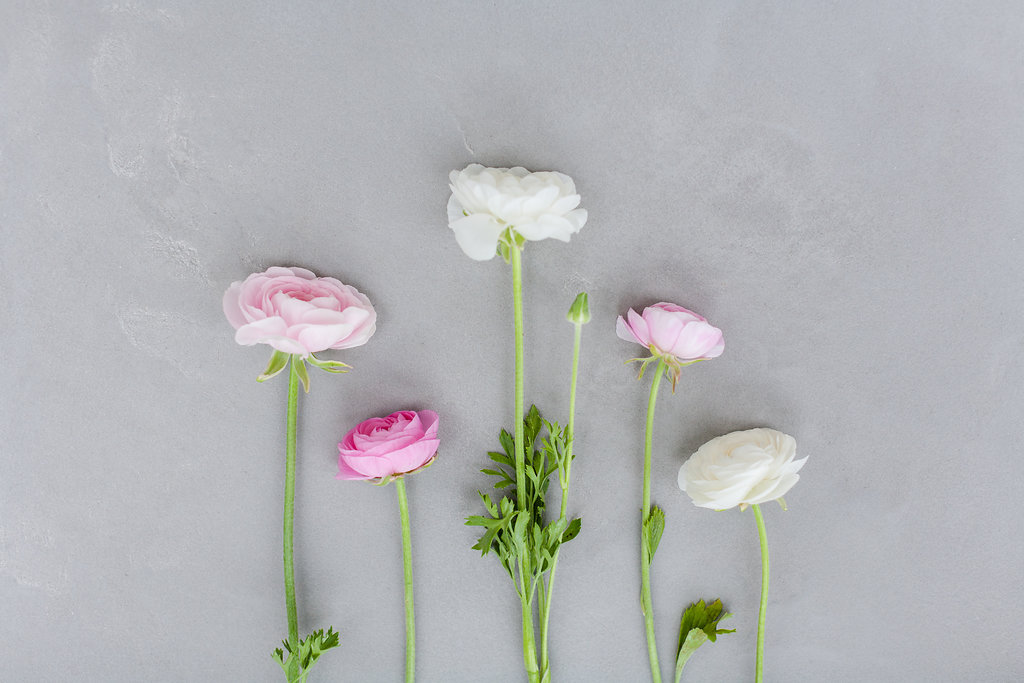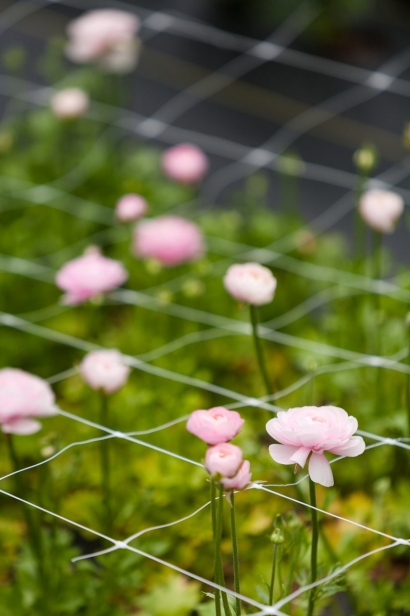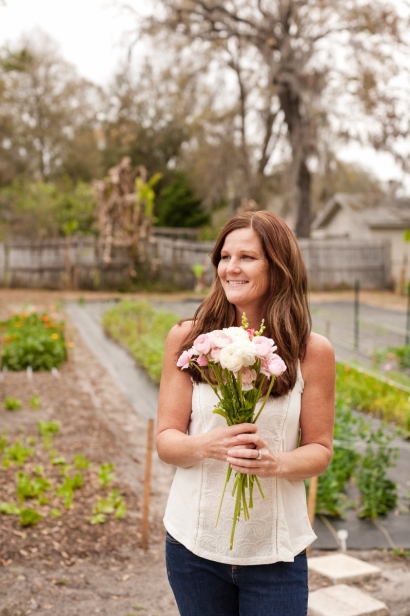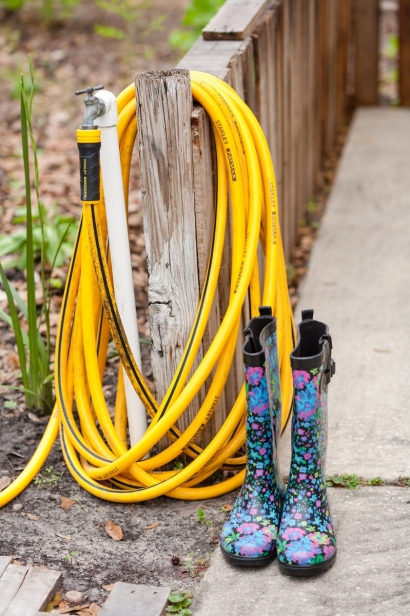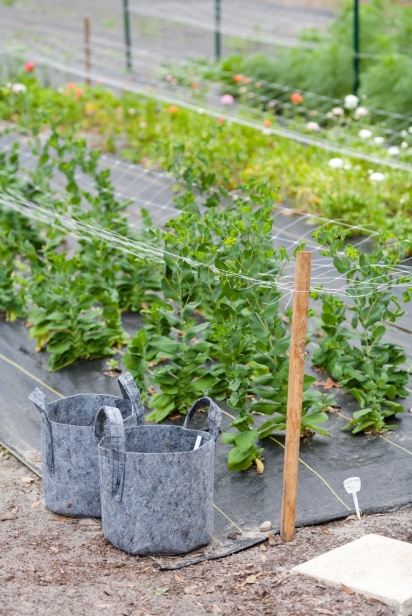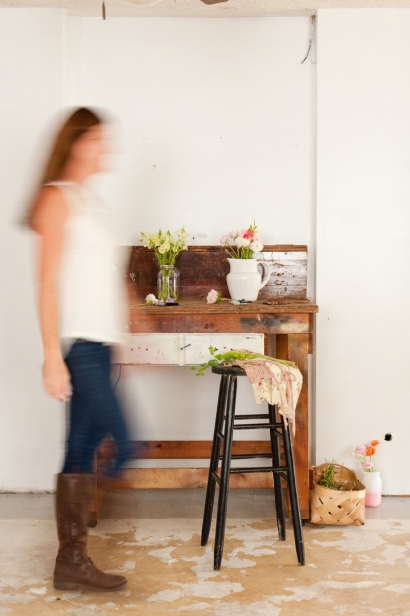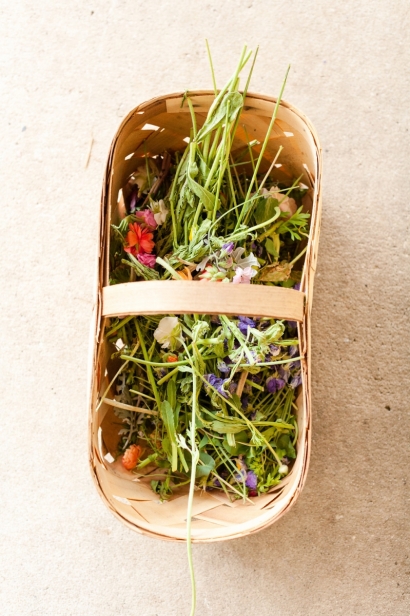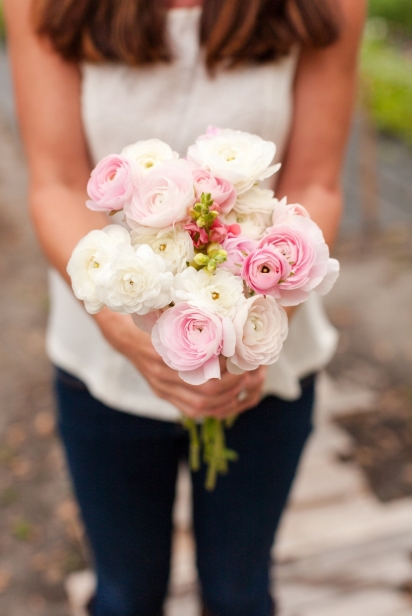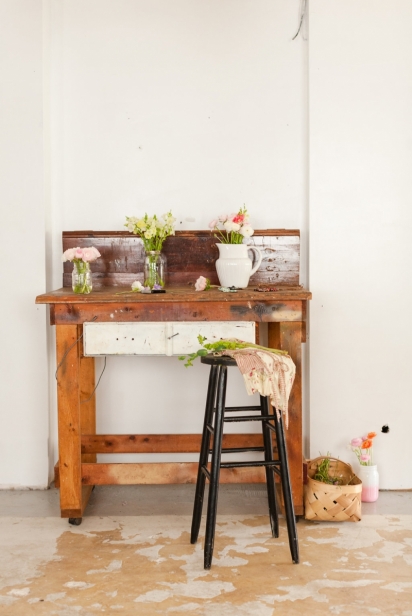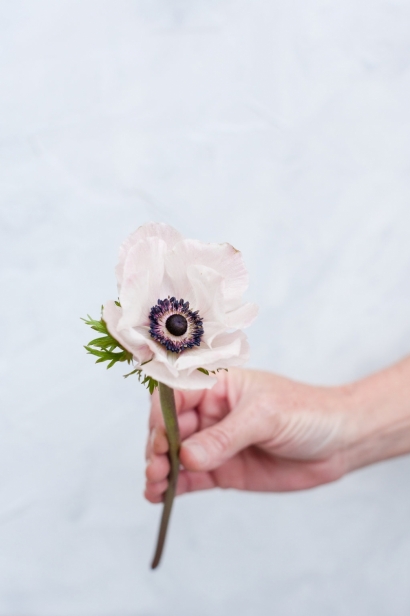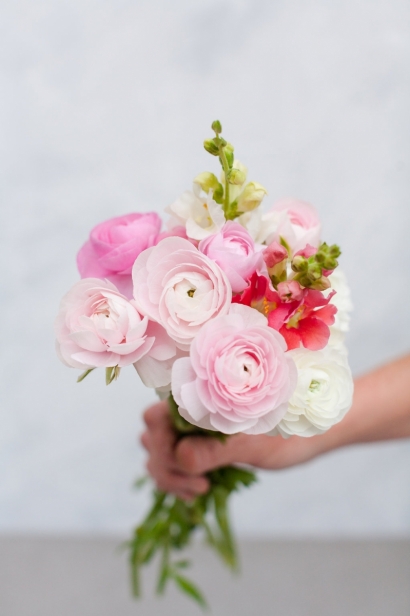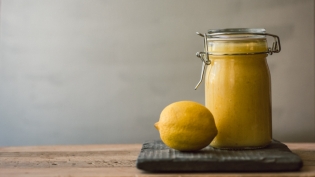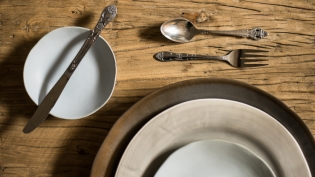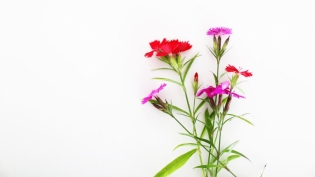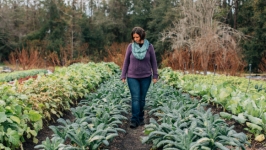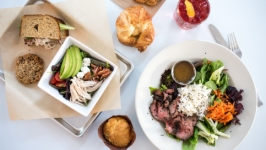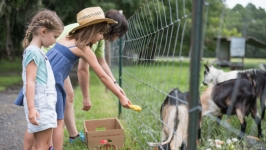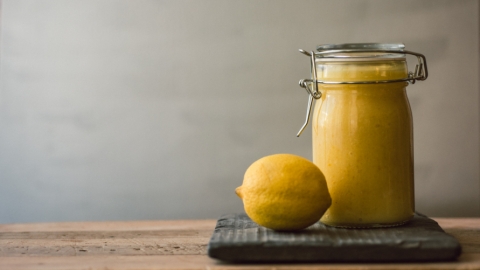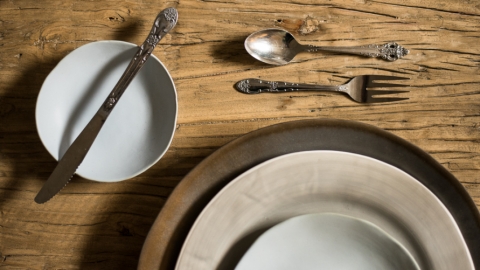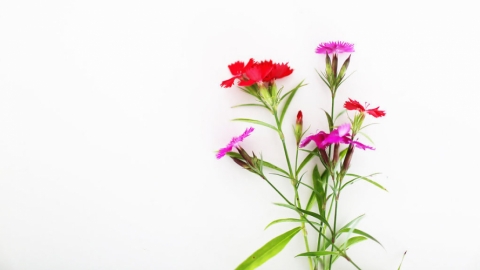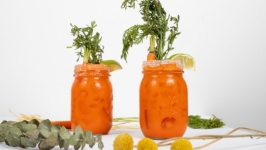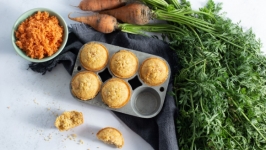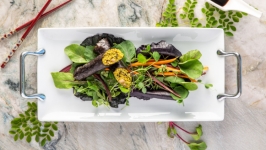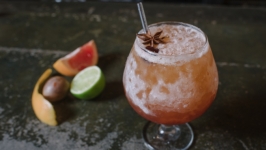Slow Flowers
The pursuit of sustainably grown local food has become increasingly important to consumers for health, economic and environmental reasons. But how often do you consider the origins of the flowers you adorn a table laden with local produce? Turns out, more and more of us are seeking locally sourced blooms.
When thinking about sustainable farming practices, we can’t overlook the floral industry. The U.S. once produced fields of colorful blooms, while Florida was the world leader in Gladiolus production. The country has fallen behind on large-scale flower production, and in recent years, the floral industry has consisted primarily of foreign imports. Signs of the current resurgence, fueled by a desire to see all farming practices take on a local focus and responsibility to the environment and community, can be seen regionally on a micro-farm level. But it is also part of a larger national Slow Flowers movement.
Similar to the Slow Food movement, this emerging pursuit of domestically grown blooms has gained traction since 2013, when a group of flower farmers established a “Certified American Grown” task force and commissioned a survey about the industry. Not surprisingly, the results indicated 74 percent of consumers did not know where their flowers came from, though more than half said they would prefer to buy local blooms. In 2014, the group created Certified American Grown labels, indicating where flowers and foliage have been grown or bouquets assembled. In the U.S., Trader Joe’s and Whole Foods are are among the larger retailers selling domestic flowers.
Around this same time, Debra Prinzing launched slowflowers.com, an online directory connecting consumers to farmers, florists and grocery stores offering domestic blooms. She also hosts the podcast “Slow Flowers.” When reached by phone recently, Debra was happy to talk about why flowers matter.
“There are so many choices when it comes to what to spend your disposable income on,” she said. “I think that people are very disconnected from nature, but when they do have the opportunity to have a flower or plant in hand, they’re enthralled. It’s essential for your spirit and therefore not a luxury in a way.”
How is this slow flowers movement appearing in Northeast Florida? Fortunately, we have several proponents of locally grown blooms. Swallowtail Farm in Alachua is run by a group of talented young farmers, including Mariana Riehm, farmer-florist and founder of Ladybug Blooms, the on-farm floral studio. Currently the farm is home to over 50 different varieties of flowers grown on just a half-acre. The farm operates under organic growing practices without being certified organic.
“If you care about where your food comes from, you should care about where everything that you buy comes from. It’s all connected. If you’re concerned with the environmental impact of industrial and chemical agriculture, those practices transfer to flower production,” Mariana said.
She is a wealth of knowledge when it comes to growing food and flowers. She mentioned at the farmers' market that, “people at first are taken in by the beauty of flowers but don’t think right off the bat about how they are grown. But with the slow flowers movement, more people are becoming aware of the importance of responsible flowers.” She also talked about the significance of diversification on a farm. When you buy their flowers, you’re also supporting their dairy, vegetable and other aspects of the farm.
Growing flowers comes with a whole new set of challenges. “Ugly” fruit and veggies are becoming more accepted as people understand they are just as nutritious as their “perfect” counterparts. However, flowers with bug bites are a little less desirable. Often times the labor alone makes them a challenge for growers.
Frog Song Organics in Hawthorne is taking on the challenges on a smaller scale, sticking with varieties that are more pest and disease resistant and less labor-intensive, such as sunflowers.
Brian Lapinski of Down to Earth Farm, fell in love with growing flowers when he started his farm in Jacksonville. He has incorporated them ever since and stressed that, “supporting responsibly grown flowers is as important as supporting responsible food because the floral industry as a whole has less regulation and standards of inspection than conventional food growing.”
Local Flower Co. in Fruit Cove is run by Sara Jewett, who packs a big punch on the limited amount of land she’s currently cultivating. “I started growing flowers because I truly enjoy it. Some of my favorite memories are the times I spent with my Mom gardening and learning about plants,” Sara said. “I created this business out of my passion for growing and to provide an alternative to imported flowers.” Currently Sara offers a flower subscription through her website and her blooms can be found at Andrew’s Homestead in Switzerland, Florida.
In addition to farmers, florists in our area are looking for more local sourcing. Feather & Bloom Florals and The Wilding Collective are some regional businesses planning to increase their offerings in the coming years as local flowers become more available. Brandi Williams, owner of Feather & Bloom, acknowledges the challenges of getting locally grown flowers and the lack of availability. “I have been on a quest to find all the cut flower farmers near me and what I came up with is that there really aren't many at all,” she said. Though it is not enough to supply her business, she is currently growing ranunculus, freesia, allium, anemones and a few other fun things. The next phase of her business is to grow more of her own flowers.
“I grew up on a farm in Pennsylvania where we planted veggie crops every summer, had all the fruiting trees at our disposal, rows of raspberry bushes and strawberries. I hated being summoned to go pick everything, but looking back on it, it was so magical and really planted a seed in me,” Brandi said.
As with food, the more we know about where flowers come from, the more responsible we can be in our decision-making. As more consumers request locally grown flowers, growers will hopefully respond to the demand. It is not always easy being green, but as Debra Prinzing said, “It’s about making the conscious choice.” Consider choosing locally grown flowers as part of your weekly routine.
Want to learn more about locally grown flowers and the movement that's sweeping the nation? Visit the Slow Flowers website at slowflowers.com.


